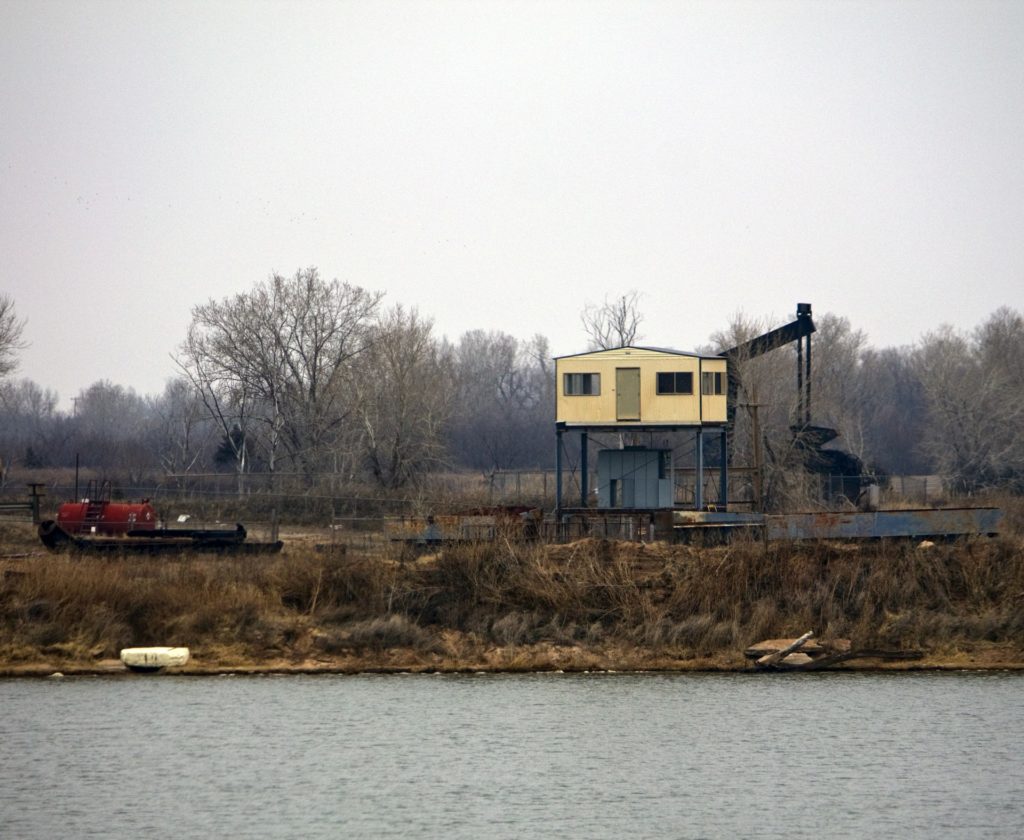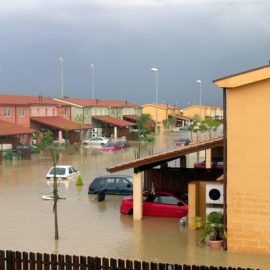
Imagine this: Cans of solvents illegally left open by a contractor are ignited by a lightning strike causing a blaze that destroys your home. Your government’s solution: Hire the contractor’s workers left jobless by the blaze to clean up the site and rebuild your house — but at your expense, not that of the guilty contractor who caused the disaster. Hard to imagine? Not if you dig into the “win-win” label being given to a plan being pushed by state and federal lawmakers: Using up to $16 billion in taxpayer money to hire laid-off oil and gas workers to clean up as many as 2 million oil and gas wells either shut down improperly or deserted by their employers and leaking a list of pollutants into our land, air and water.
nola.com
It is a win for the oil company and also a win for corruption of money in politics. Not the taxpayer.
Well, your state legislators let it happen as a favor to oil and gas companies that are steady sources of campaign funding. So these politicians, many of whom scream against “socialism,” agreed to socialize the costs of these businesses while allowing profits to remain privatized. Here’s how the game is worked. When a well begins losing volume, as they all do, production falls and so do profits. At that point large wealthier companies sell to smaller, often local, companies happy to settle for smaller profits. The sale comes with the responsibility and high costs of cleaning up. Yet decades ago it became obvious rather than clean up at the end of profits, many smaller companies would either leave the state or file bankruptcy passing the costs to the state — meaning you. Legislators know drilling for oil and gas uses chemicals that can pollute your land, air and water, as well as threaten your immediate safety. They also know closing down such wells safely takes time and money. Their obvious responsibility to the public is to require drillers to buy bonds guaranteeing they will have the money for clean-up before they get permits. But records show most states required only about 2% of that cost for permits. Worse, in every state these companies were allowed to buy “blanket bonds” — meaning they could have unlimited number of wells bonded for one low price. Nice deal, huh?
Ten million oil wells in this country and no one knows how many are still leaking oil, gases or toxic fumes polluting the air and inflating greenhouse gases. Louisiana has about 4,300 “orphaned” wells (meaning unplugged) and the number is rising. The pandemic is part of the cause for the recent ones as well as the shift from oil to renewables and shale oil. The cost to fill them – $200 million dollars and decades of time needed. Yes, this is an urgent public health and climate need that has to be fixed but is this the best way to do it?
One of the smartest was proposed in a recent edition of Current Affairs by Megan Milliken Biven, a New Orleanian who got an inside look at the oil industry while working for the Bureau of Ocean Energy Management. Her “Abandoned Well Act” would take the job away from the industry that caused the problems and create the federal Abandoned Well Administration to oversee the initial cleanup. At the same time, the act would create realistic bonding requirements and levee fees on the industry to pay for future cleanups. As she points out, this isn’t a one-and-done project. Even properly plugged wells eventually have leaks and fractures. They have to be monitored, repaired and updated forever, not unlike nuclear waste sites. I would add one feature to her idea: Use the precedent of the tobacco settlement to make oil and gas companies begin paying now for the 150 years of damage they have done.
We will never reach a win-win situation but what is needed is justice and some sort of prevention for the future.



